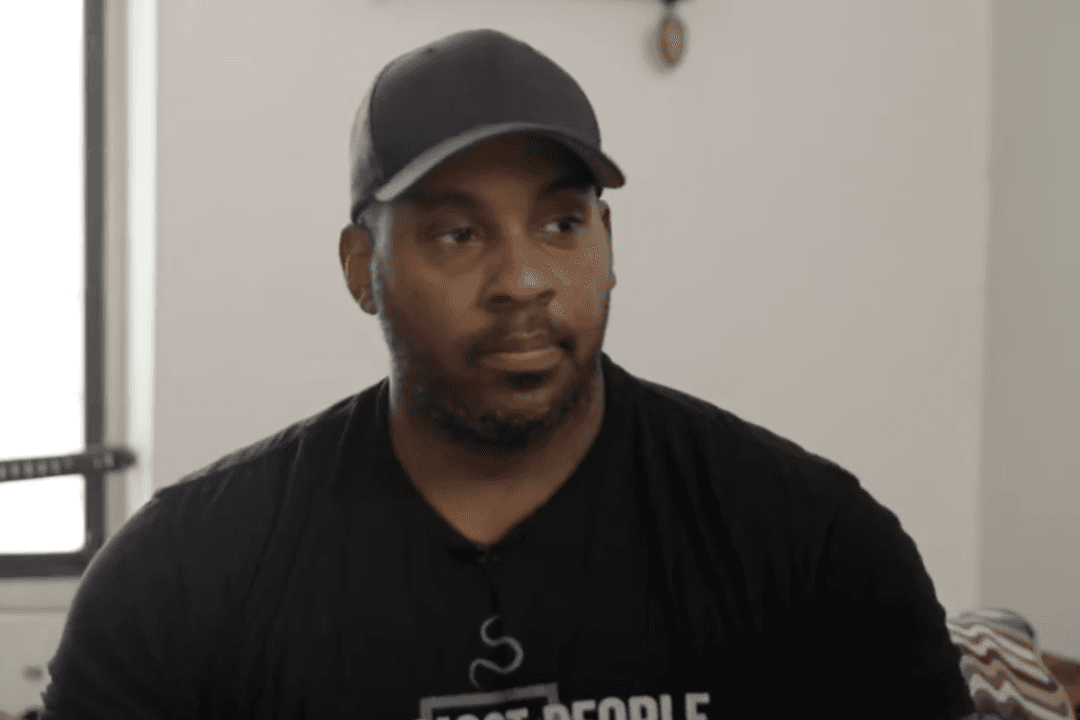Jason Charles is a former New York City firefighter who was on the ground during the 9/11 terrorist attack. For the last decade he has been a “prepper,” or someone who prepares the gear and skills they need to survive a disaster, including food shortages.
Charles said he began seriously prepping after reading the book “One Second After” by William R. Forstchen, which is about societal breakdown after an attack with an electromagnetic pulse or nuclear device that takes out power grids.






